#Study plan
Explore tagged Tumblr posts
Text


still doing maths
Not much to say in regards to my studying as I’m still working on calculus. Hoping to switch to algebra on Wednesday but we’ll see. Halfway through today’s to-do list/study plan, still have to reply to an email about my job interview next week. Other than that I’m an anxious mess. Might have to do with my exam results being published next week & the oral finals too but who knows. I’m hoping for things to get better soon.
#finn is studying#studyblr#high school#high school students#high school studyblr#high school senior#studying#studyspo#study aesthetic#study motivation#study inspiration#study plan#exam study#study#study notes#study blog#exam szn#exam preparation#mock exams#examsuccess#exampreparation#exam season#final exams#exams#exam success#academia aesthetic#chaotic academia#math notes#mathblr#math
168 notes
·
View notes
Text
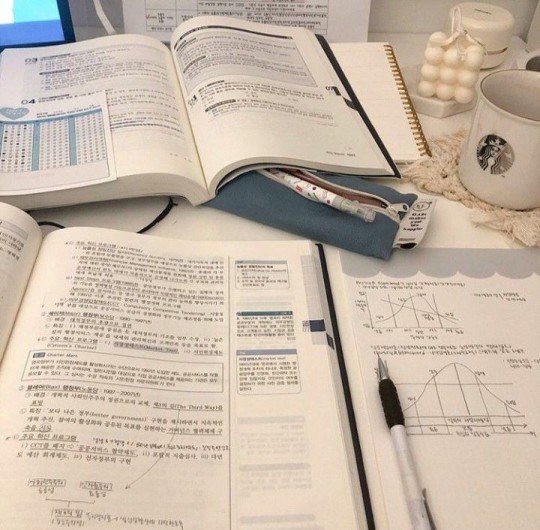
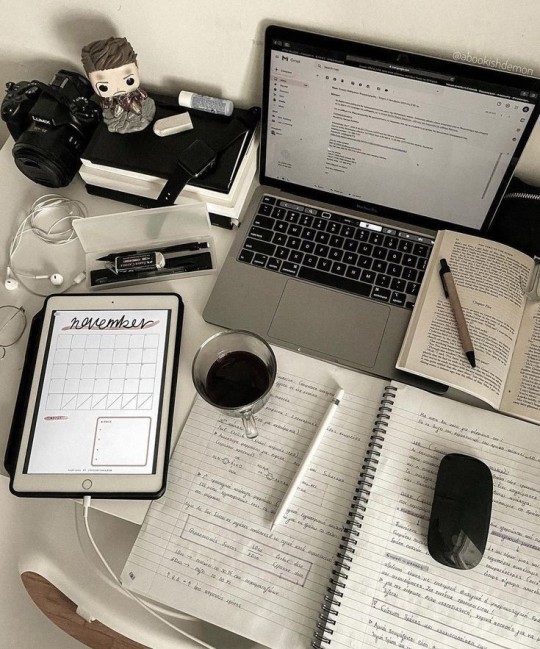
I'm in my "I don't know how but i will" era
#school#studyblr#exam season#exams#high school#study notes#study motivation#study blog#studyspo#study aesthetic#study with me#studying#student#study rant#study techniques#study tips#studying tips#studyblr community#studybrl#study productivity#study plan#study progress#studyinspo#study inspiration#study session#studyspiration#studying inspiration#studying inspo#Study#100 days of productivity
586 notes
·
View notes
Text
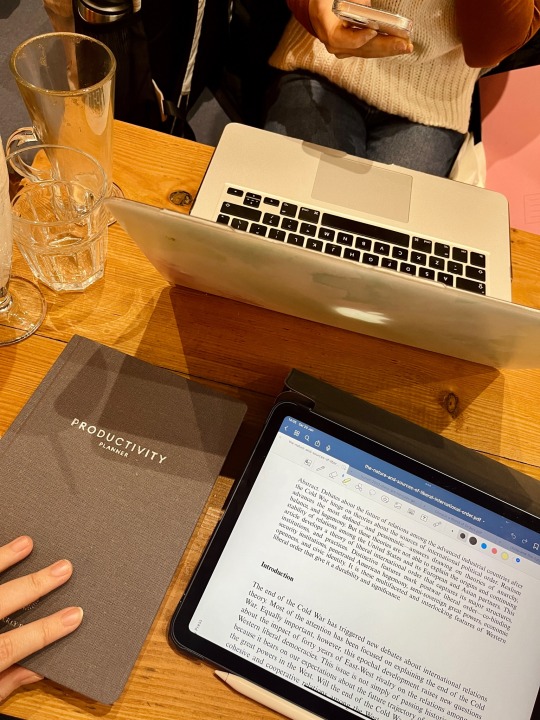


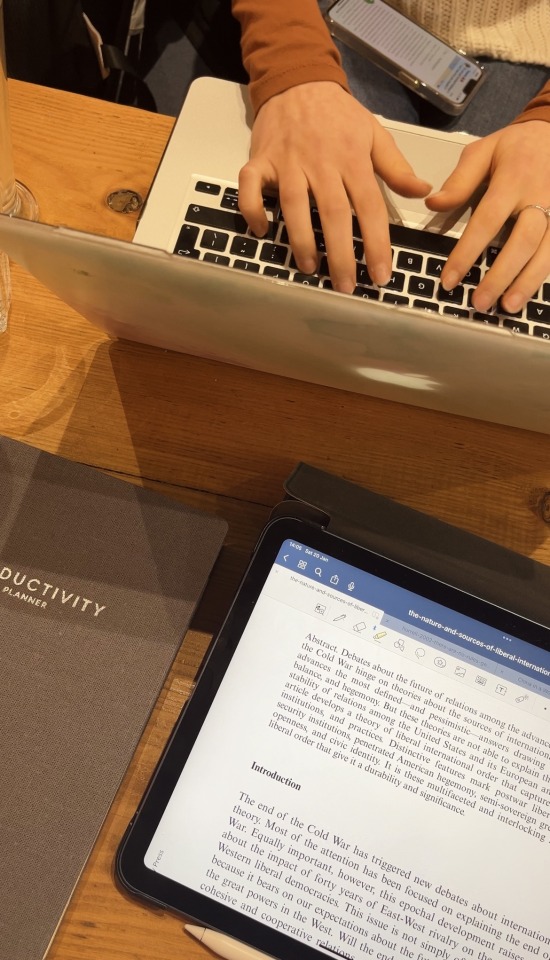
20|01|2024
saturday study dates <3
#studyblr#notes#studyspo#study notes#study motivation#light academia#cafe aesthetic#cafe study#study with me#knife gang#study space#dark academia#study plan
956 notes
·
View notes
Text
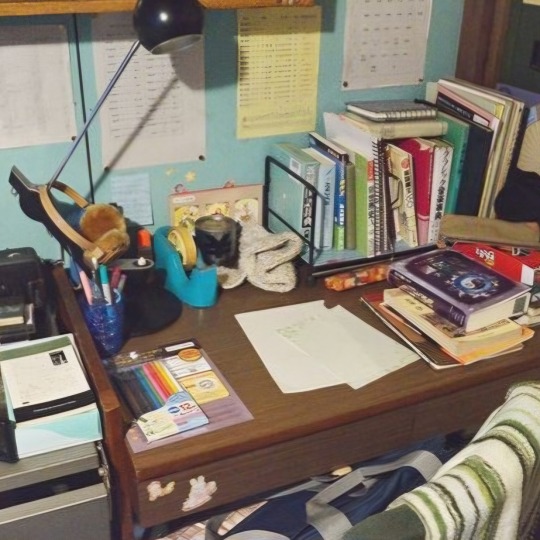


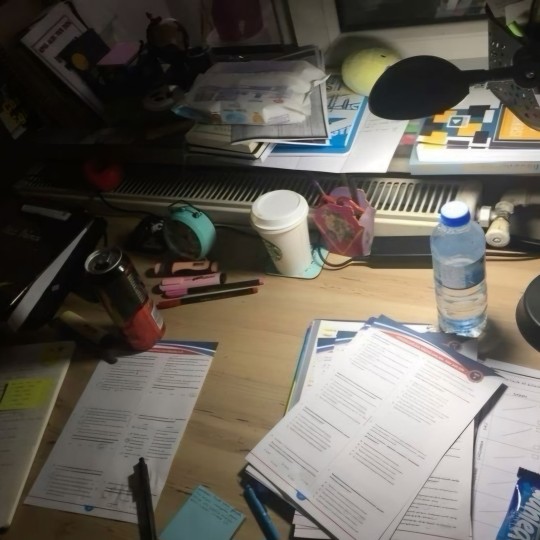


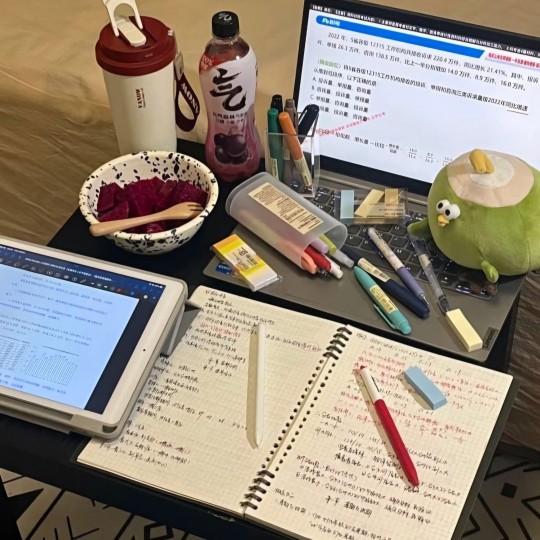
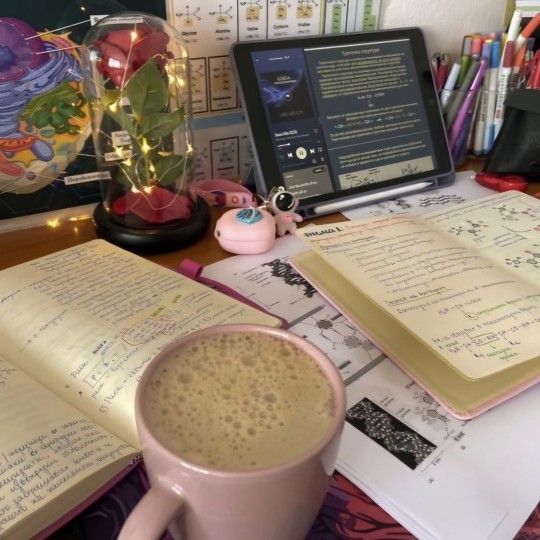
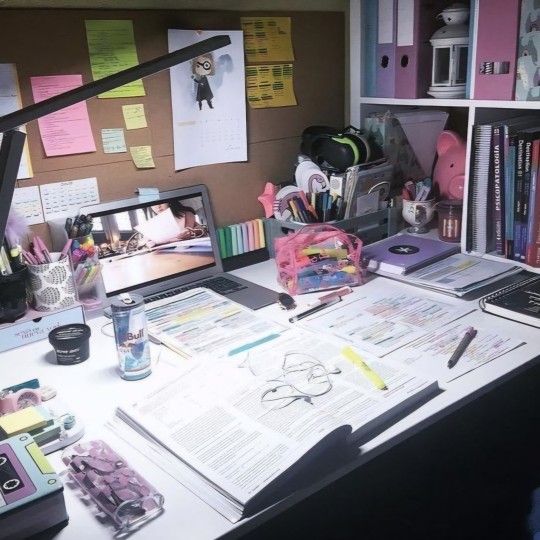
#inspo#study blog#studyblr#study motivation#langblog#langblr#studyspo#study inspiration#*mb#study moodboard#moodboard#motivation#get motivated#studying#study with me#study plan#study aesthetic#journaling#pics that motivate me#pinterest
210 notes
·
View notes
Text
Here is how I've studied Chinese over the past 4-5 years.
Note: I cram studied a lot of hanzi, words, and grammar in the first year. I got a lot of 'review' by reading graded readers in Pleco app and just looking up words over and over until I learned them, and watching cdramas with english and chinese subtitles and looking up words in Pleco or Google Translate as I got curious. This is what worked best for me, because I cannot stick to something like anki long term - if you can stick to anki long term, then doing something like that regularly may have good results. I prefer to learn by doing what I want to do - which for me, was read.
I also started trying to read and watch shows in just chinese in the first year - which in retrospect was probably harder than I needed to do. After 2 years, I started mostly following Heavenly Path Notion Site's recommended materials (graded readers, easier novels for native speakers etc) and my life got much easier as I started reading Easier stuff more often, and harder stuff less often. I highly recommend beginners check out all the resources linked on Heavenly Path, especially in their Reading Guide and Listening Guide. I did a mix of extensive reading (reading easy stuff where I could guess unknown words from context - I might just read with a TTS to hear the word pronounced), and intensive reading (looking up every unknown word/most unknown words for it's translation in Pleco or Readibu app).
For Hanzi, and Reading:
Read about how hanzi work. I read all the articles I linked on this post about learning hanzi. It will help you in the future to know radicals exist, and to know what mnemonics are since a lot of learning resources recommend them for learning hanzi. I did not memorize radicals, but I did get a basic familiarity with the fact they exist and read over a chart of them once. Later as I studied hanzi, I learned the radicals more in the context of the hanzi they're in.
Downloaded Pleco app, and Google Translate, started looking up a word or phrase whenever I was curious, when I was watching cdramas. If you're watching shows, it's pretty easy to see chinese hard subs on many shows on youtube, and just look up a word or two when you feel curious.
I used this book, I just read through it in like 3 months, aiming for basic familiarity not memorization. Learning Chinese Characters: (HSK Levels 1-3) A Revolutionary New Way to Learn the 800 Most Basic Chinese Characters; Includes All Characters for the AP & HSK 1-3 Exams. I love this book, I credit this book to giving me a decent foundation in hanzi, the mnemonic stories in the book worked well for me, as did the example words. This book is often cheaply used, and can be found free in many libraries and elibraries.
Because I'm a lot, I kept trying to read parallel text webnovels on mtlnovel.com (it has a parallel text chinese/english option if you're logged in). I read some MoDu and some ZhenHun, and it was very hard. In retrospect I would have probably spent my time better with more graded readers, and easier webnovels after lol. I also kept trying to read chinese webnovels with Pleco's click-translate feature. It wasn't bad, I think it helped me a lot, but I did this all from month 1 onward. And it would probably have been easier to wait until I had built more of a foundation to do this.
I used a 2000 Common Word Ben Whatley memrise course which no longer exists, and cram studied 1000 words in a week then reviewed the next 2 weeks, then read some graded readers, and then the next month cram studied 1000 words and then reviewed the next 2 weeks, then read some more. I did reading as most of my actual reviews, because I don't like anki decks and I can't focus on them for more than a few weeks (as my study patterns show lol). I would recommend someone use the Spoonfed Chinese Anki deck if trying to emulate what I did, or ideally any common words chinese deck with audio and hanzi, and ideally in sentence examples. I'd recommend if you're cram studying words to just do 1000-3000, because you'll run into those common words a LOT if you're also reading and watching shows and looking stuff up. So you'll get lots of review of those 3000 words even if you stop using anki, since you'll keep running into those words. After the 3000 most common, it might be more useful to prioritize studying words as you come across them in reading/watching, and either keep looking them up until you remember them or put those in anki (if you like anki).
I started reading Graded Readers in Pleco app, with click-translations. Mostly Mandarin Companion graded readers with 300 unique hanzi or less, then 500 unique hanzi or less, because it was good review in the context of reading for everything I'd just studied over the past few months. I suggest checking out Heavenly Path Notion Site's Reading Guide whenever you'd like to start reading, a lot of good tips in there and a lot of resources I used too (like Pleco app and Readibu app).
I used this book as reference, Tuttle Learning Chinese Characters: A Revolutionary New Way to Learn and Remember the 800 Most Basic Chinese Characters Original by Matthews, Alison, Matthews, Laurence (2007) Paperback. I've flipped through it a few times, never fully read all of it, but another person may find use in it. I liked it as a reference. This book is also easy to find cheap used, or in libraries and elibraries free.
I went through about half of the following anki deck, just cram studying 1500 hanzi cards in a couple weeks, doing a week of review, and then 'reviewing' by reading stuff in chinese and looking words up again and again. It's a great anki deck for studying hanzi.
*Mnemonics - 3018 Simplified Chinese Hanzi deck (I recommend this deck, if I had to go back and do it again)
*Mnemonics - 3035 Traditional Chinese Hanzi (I recommend this deck, if I had to go back and do it again)
*Mnemonics - 4143 Traditional AND Simplified Chinese Hanzi (combines the 2 decks above)
After learning around 1500 hanzi through a combination of reading the books I linked, reading graded readers, and using the anki deck I linked, I just kept reading and looking up words I didn't know that seemed important to the overall meaning of the thing I was reading. Just looking up words, again and again, until I remembered them. Which was usually 2-20 times. I started reading manhua, then webnovels, again see Heavenly Path Notion Site for their recommendations on reading material at different difficulty levels. I was also reading cdrama subtitles, usually with both chinese and english subtitles on, but once in a while I tried to watch a show with just chinese subtitles. I'd look up 1 word every 5 minutes or so, to let myself look up key words that seemed important, but not stop constantly.
Yes, my study consisted of a LOT of 'cram study for basic familiarity of something' then read and watch, and look things I was basically familiar with over and over until they stick and I learn them.
For Grammar:
I read through this grammar guide website's HSK Grammar lessons in like 1 month, not to memorize just to get a basic familiarity. I wanted an idea of the grammar I'd be seeing later, and an idea of what to look up more information about if I got confused later. https://www.hskcourse.com/hsk-grammar-exercises/. I did this in the first few months.
I looked up grammar points later, as I'd read graded readers or watch shows, on this website All Set Learning Chinese Grammar Wiki. I found the explanations on this site helpful. I kept doing this, and still do this if any grammar point in particular is confusing me.
If you want to use anki to study grammar, these decks cover similar material: *Chinese Grammar Wiki Study Deck(if looking for a full grammar guide I recommend this one, which so far has been the most well formatted version and links to the AllSetLearning Grammar points so you can easily do background reading when needed). Ole’s Chinese Grammar Wiki A1, Chinese Grammar Wiki A2, Chinese Grammar Wiki B1, Chinese Grammar Wiki B2 (all adapted from AllSet Learning’s Chinese Grammar Wiki site)
For tones:
I went through the Pinyin Pronunciation Guide and tone trainer on this website dong-chinese.com in a month. Then again a few months later, went through it again.
I also used these:
Maorma.net Minimal Pair Test (I used this in the past, focusing on minimal pairs might help?)
Yoyo Chinese Tone Pairs Chart (may help)
Yoyo Pinyin Chart (has sound for each tone, this may help)
Basically I used everything on under my 'tones' tag. Feel free to browse for more resources. Mostly it was a lot of youtube videos, and explanations. I looked up videos on youtube about tone sandhi, tone pairs, actual tone pronunciation etc. I really liked Grace Mandarin Chinese's channel, and recently I've found Julesy's videos very useful like this one about pronunciation.
For Listening:
So I really HEAVILY focused on learning to read. As you can see above. I have only started focusing on listening more as of this year. If I could go back and give myself advice? I'd suggest to past me to listen to graded reader AUDIO a few times, before and after I read something. To listen to audiobook audio, or at least Microsoft Edge Read Aloud to webnovel pages I'm reading, or at least Pleco Dictation audio, MORE. I barely listened to audio when I read. 3 years in, I finally started reading along to audiobooks or listening to TTS when reading - to get my reading speed to become faster. It did make my reading speed closer to speaking speed, and it also helped my listening skills a lot. I wish I'd done more listening overall, any time I'd read things. Or before/after reading things.
I would also have told past me to Please check out some podcasts for learners, and practice listening earlier. And to try watching a cdrama, just once in a while, with no subs including no chinese subs. Because I can watch cdramas now, but I have to rely on chinese subs. If it's JUST audio it feels 4 times harder to me, and that might not be true right now if I had just... listened more in the last 4 years.
Now? I am watching comprehensible input chinese lessons on youtube (I have them linked here), I've been listening to learner podcasts so the language is easier than stuff I'd read (also linked there as the podcasts listed on some posts), and I've been posting about everything I've been listening to on the tag chinese listening experiment. Which has mostly been audiobooks of stuff I've read before in chinese and english, because as established, I read way more than I listen. So listening to stuff I have read before, is easier than listening to something brand new. It's going okay. Progress in listening skills are steady so the study plan is working out I guess.
For Speaking:
I've done very little to practice this. I still need to work a LOT on it. I used Tandem and Hellotalk for a while to speak with language partners - and using language exchange apps and websites is probably a good plan if you like talking to people. I used a putonghua pronunciation trainer app that is 1. no longer accessible on US app store and 2. no longer has any of the free 'grade your pronunciation' resources I used it for originally. I like as alternatives the apps: ChinesePronunciation Trainer (super simple free setup to shadow and compare your recording to the original), and Ka Learn Chinese Tones (which I've been playing with but I'm not sure about yet).
I plan to shadow audio eventually, and then talk to people more again. I will try speaking again after I've gotten a lot more listening practice in, maybe my speaking will be better. Or it'll still suck. Who knows.
Writing:
Haha... hahahaaaaaaa..... one day I'll practice... In all seriousness, I practice this when I message people on language exchange apps and sites. When I plan to work on this more, I'll probably do a combination of write some journals and message people more again.
I can type pretty fine, because you can type with pinyin and I know what the hanzi I mean looks like so I can select it. I cannot write by hand. I used to be able to write ni hao and xie xie and wo. Now I'm not confident I could do that from memory ;-;
Below the cut is a list of some things I read and listened to over the years, with commentary that is totally cool to skip entirely (I was rambling). I think I picked harder stuff than I needed to at first, and I'd really suggest beginners check Heavenly Path's recommendations for beginners, instead of whatever I was doing (which was sometimes super difficult for me).
Stuff I read:
Mandarin Companion Sherlock Holmes
Pleco Graded Reader Butterfly Lovers
Mandarin Companion Journey to the Center of the Earth
小王子 (extensively read, doable but I probably should have picked something easier, I was really excited to extensively read my first story and it really built reading stamina)
天涯客 (intensively read 20 chapters)
真魂 (intensively read 20 chapters, did listening reading method with same 20 chapters, must have reread the first 20 chapters at least 4 times, also listened to the first 20 audiobook chapters 3-6 times each so I'm very familiar with the words in them, I basically kept engaging until future chapters in this book were 95% comprehensible or more so I could extensively read my print copy)
寒舍 a dmbj fanfic (intensively read 60 chapters)
镇魂 (extensively read the first 30 chapters of my print copy, and the extras)
秃秃大王 (intensively read, but it was close to my reading level so I was only looking up maybe 5 words or less per 100 words. REALLY recommend this story. Easiest thing I read that wasn't a graded reader)
大林和小林 (intensively read, 95%+ comprehensible I was just looking up any basic words I still didn't know, same author as the novel above, probably the BEST novels for beginners to read after graded readers, I found them recommended on Heavenly Path Notionsite)
笑猫日记 1 (intensively read, but it was near my reading level so I was looking up 5 words or less per 100 words, learned a lot of chengyu from this)
笑猫日记 2 (extensively read, extensive reading built up my readind speed and stamina)
寒舍 a dmbj fanfic (extensively read all 110 chapters, probably 95% comprehensible or more especially since I'd learned a lot of words in the early chapters from the first time I read it. Part of the time I listened to Edge's TTS as I read. Built up reading speed by listening as I read. Longest thing I had read and finished at that point, at over 100k words)
盗墓笔记1 (intensively read but it was close to my reading level so probably 92% or more words I already knew, first non-fanfiction I finished reading that was over 40k words)
盗墓笔记2 (extensively read except for a few specific artifact words of things they found in the tomb, first non-fanfiction novel I finished by extensively reading that was over 40k words)
盗墓笔记重启 manhua (extensively read all of it, super easy to read, very funny if you're into dmbj)
19天 (extensively read maybe 50 chapters? Cute, funny, super simple to read)
他们的故事 manhua (extensively read maybe 15 chapters, also very funny and cute and simple to read)
破云 manhua (extensively read 1st volume, I got a print copy, its a bit hard I mean even my copy has chinese definitions of some of the legal/crime terms at the bottom of the pages lol. It's doable to follow, probably because I'm used to crime mystery stories. I also watched the voiced version on bilibili so a little listening practice)
吞海 manhua (extensively read a few chapters, I could follow just like 破云, but I can't quite handle reading the books extensively)
烈火浇愁 manhua (extensively read 5 chapters, the historical bits were harder, the rest was fine. I felt comfortable extensively reading pretty much any manhua by this point. I'd love to read the novel version but I'm certain 烈火浇愁 and 残次品 are beyond my reading ability as of 3/2025, priest's novel 默读 which is a regular modern setting only became possible to extensively read 12/2024. So I don't think I could handle a sci fi setting yet).
半夜衣寒 dmbj fanfic by 夏灬安兰 (extensively read, I just really like this person's writing style, and their writing is easier than priest for me to read and just perfect for me? I really enjoy their plots. This author's fanfics are who I credit for getting used to grammar in long sentences and getting used to "intuitively" understanding it, and for starting to do those kind of reading inferences of what is implied but not explicitly stated. Such as picking up character moods from physical descriptions, rather than words about their mood, and picking up hints about the ghost cases that hint things about characters in the stories as parallels. And I picked up familiarity with a ton of common adjectives and 4 hanzi descriptives from this author).
If anyone were going to copy what I did, my suggestion would be: check out Heavenly Path's reading recommendations list, pick novels in gradually increasing difficulty. Their easiest recommendations are extremely doable if you've been using graded readers for a while, and know around 1000 hanzi/HSK4 vocabulary. I think I struggled with a lot of material that was more difficult than it needed to be, at times. On the other hand? I feel that me frequently switching between intensively reading something somewhat above my reading level, and extensively reading something at my reading level or slightly above my reading level, helped me increase both my comfortable reading level and my reading stamina/speed. I think a mix of harder and easier material definitely helped me push through plateaus and onto more difficult novels I wanted to read, and it's still the strategy I use to work up to harder reading material. I would also recommend: listen while you read SOMETIMES. READ without audio sometimes (to practice reading skills), read with audio sometimes (to match pronunciation to words and push reading speed up closer to speaking speed), and listen to audio without text sometimes (build listening only skills). I did a bit of all 3 activities, but I speny the majority of my time reading without audio... and now I have to work harder on my listening skills to fix the large dfference between reading and listening skills.
Stuff I listened to:
Lazy Chinese (perfect for beginners, also any other Comorehensible Input Lessons youtube channels, see Comprehensible Input Wiki for more channels)
Peppa Pig (doable for beginners)
Maomi Chinese (easiest podcast I've found)
Astroboy Chinese dub (I have a lot of reading skills, cartoons for 5-10 years old are perfect for me)
Tea Time Chinese (intermediate podcast, doable for me)
Talk to Me in Chinese (intermediate podcast, doable ish for me)
Dashu Mandarin (advanced podcast, I don't quite understand it yet)
The Untamed condensed audio
Guardian condensed audio
Ice Fantasy condensed audio
镇魂 audiobook (I'm familiar with the plot, so it's doable, I am waiting to continue listening until I finish 默读)
默读 audiobook (I sure love working on difficult stuff I'm into lol, because I'm familiar with the plot it's doable)
HP audiobooks (they're on the easier end and I'm familiar with the plot, I'm going to keep going and see how much I get from it)
Twilight audiobooks (they're on the easier end and I'm familiar with the plot, I'm going to keep going and see how much I get from it)
SCI audiobook (I'm only 2 hours in, hoping it'll be doable soon)
撒野 (I'm only 1 hour in)
#chinese#chinese study plan#study plan#chinese study plan masterlist#chinese masterlist#chinese resources#resources#i do not know how to tag this
83 notes
·
View notes
Text
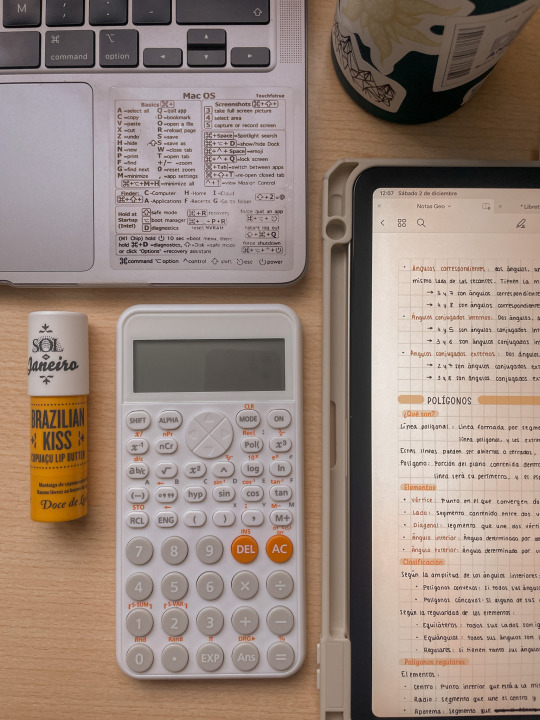
– Saturday studies!
Being behind in my classes means that Saturdays aren't so much for resting and relaxing but for studying and catching up as much as possible. I hope you all have a great weekend!
#study motivation#studyblr#notes#new studyblr#study blog#studying#books and libraries#small studyblr#study plan
735 notes
·
View notes
Text
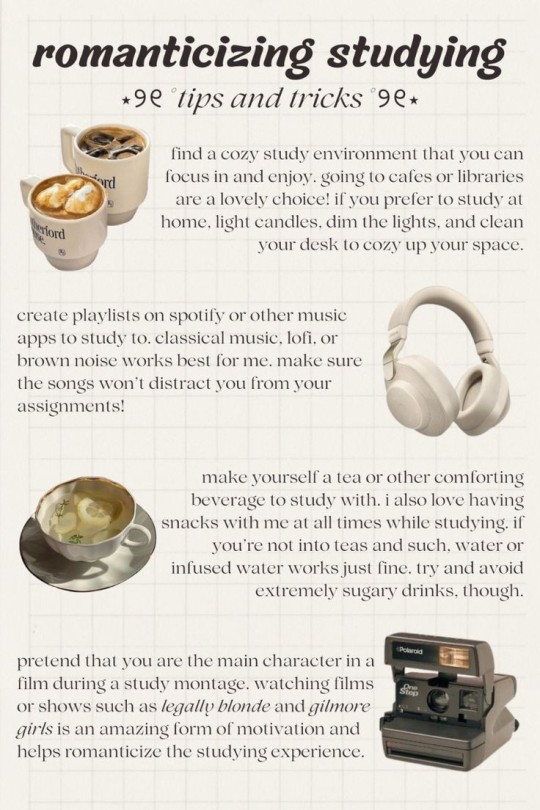
#studyblr#study aesthetic#study blog#study motivation#studying#glow up#student#studyspo#that girl#romantise study#studyblr community#studyinspo#study blr#study buddy#studybrl#study productivity#study plan
320 notes
·
View notes
Text

It’s that time of year again🥲.
(But this time it’s more painful)
#studyblr#study aesthetic#study blog#study notes#studyinspo#high school#study motivation#study update#ap classes#academic weapon#ap physics#college board#ap exams#ap physics 1#ap us history#ap lang#apush#exam season#study plan#🙏ap gods please let me pass🙏#academic validation#studyspo#studying#study tips
55 notes
·
View notes
Text



Have practical exam tomorrow
Tired of giving exams want it to end 🥲
Let's hope it goes well 🙂
#psych student#studyblr#psychology#study motivation#studying#exam season#exampreparation#exams#study#mentally exhausted#exam preparation#study productivity#biopsy#study plan#studyspo#study inspiration#study blog
60 notes
·
View notes
Text
🌼 hello!! 🌼



my name's emily, i'm 26, and i'm a third year english literature student! i'm originally from scotland, but i'm currently in my second semester of a year abroad in new zealand! i've had this blog for about six months and i'm hoping to use it a bit more intentionally and post more consistently this semester 😊
this semester i'm taking three english modules and one classics module:
🧛♂️ irish-scots gothic: this is definitely my favourite so far! i loveee gothic literature and the texts for this class are super fun
🏝 māori & pacific lit: this seems interesting but it's the first year this course has been run so you can tell the lecturers are still finding their feet a little
📜 poetic revolt: i think this class has the potential to be the most educational if i engage with it properly as i'm not super into poetry or experimental/avant-garde forms of literature
🏺 graeco-roman myth: this class deals a lot with the psychology behind myth, which is a way i haven't looked at it before, although i have studied classics in the past
about me:
📚 favourite book: fahrenheit 451 by ray bradbury
🎬 favourite movie: whisper of the heart
🎸 favourite artist: bruce springsteen
i love baking 🍰 and i loveee to travel ✈️ when i can afford it!
i really enjoy spending time in nature 🏞 and i love having plants and flowers 💐 in my house <3
outside of university i'm currently learning six languages on duolingo: italian, french, spanish, german, scottish gaelic, and greek! there's a local woman who takes italian language classes, so i'm considering signing up for those as well
i'm planning on posting weekly to-do lists and updates a couple times a week, as well as reblogging general study aesthetic/motivation stuff and useful study tips
#new intro post bc i didnt like the old one anymore#really gonna try and post more consistently this sem so i can hold myself more accountable#study blog#study aesthetic#studyblr#study inspo#study motivation#university#english literature#academia#duolingo#academic weapon#study plan#study techniques#study tips#studyspo#studyblr intro post#studyblr introduction#also these pics ^ are from pinterest but all the study pics i post will be my own :))
36 notes
·
View notes
Text
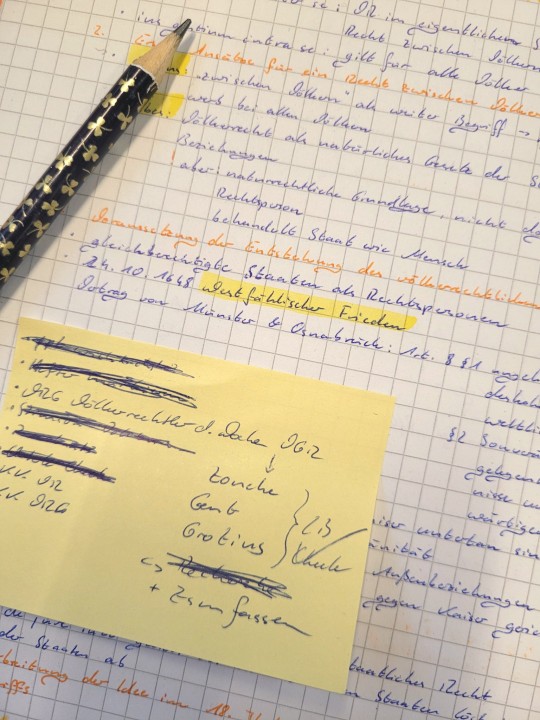
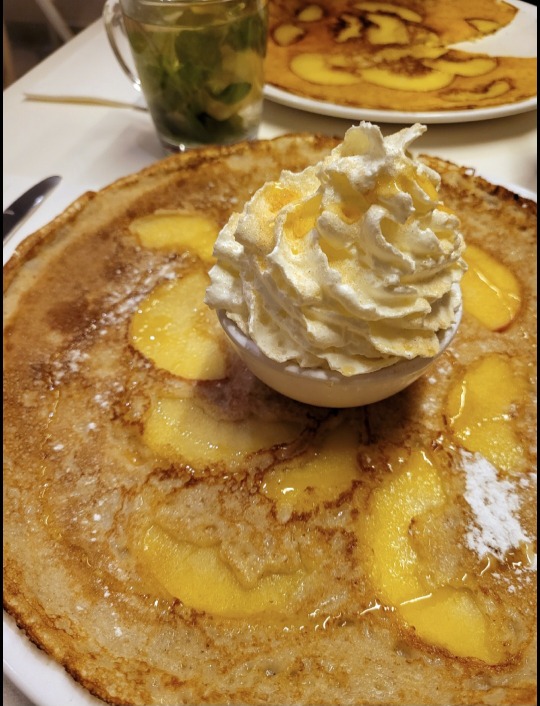
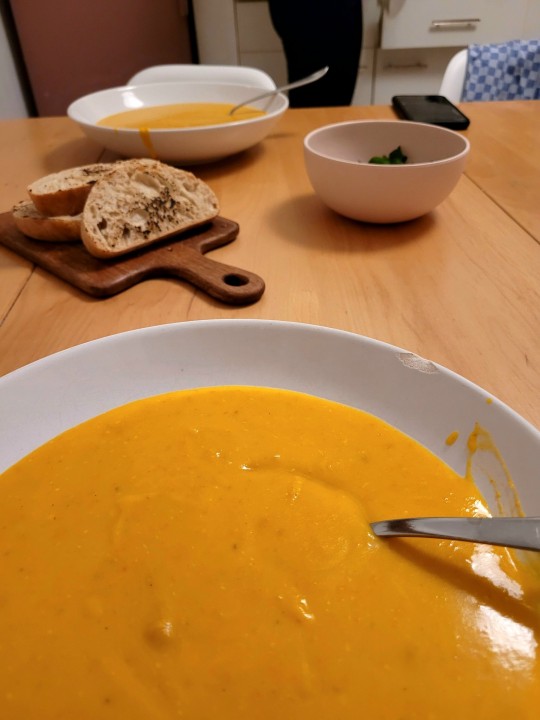
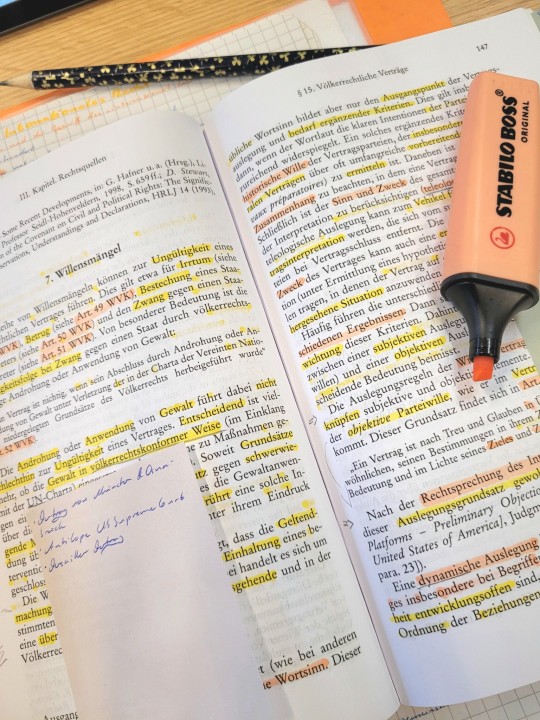
food for thoughts I guess 🥞📖
#studyblr#studyspo#university#study plan#lawblr#study motivation#books#pancakes#study space#law student#law studyblr#pumpkin soup
260 notes
·
View notes
Text


Calculus (is the) problem
Studied for about 3h, covered 4 entire pages with calculus problems and got pretty much nowhere with it. It takes me ages to even understand what I am supposed to do, let alone actually solving the problems + doing so correctly. It’s incredibly frustrating and discouraging but I have no other option but to continue studying if I want to get my aspired mark in the final. Things will hopefully work out.
Calling it a day for now as my knee is hurting too much to actually be able to focus. Maybe I’ll give calculus another shot tonight, who knows. For now, I’ll get back to reading :)📚📖
#finn is studying#studyblr#high school#high school students#high school studyblr#high school senior#studying#studyspo#study aesthetic#study motivation#study inspiration#study plan#study fail#exam study#study#study notes#study blog#exam szn#exam success#exam preparation#mock exams#examsuccess#exampreparation#exam season#final exams#math#mathblr#mathematics#calculus#honest studyblr
108 notes
·
View notes
Text
I hated every minute of training, but I said, 'Don't quit. Suffer now and live the rest of your life as a champion.' - Muhammad Ali
#school#studyblr#exam season#exams#high school#study notes#study motivation#study blog#studyspo#study aesthetic#study with me#studying#student#study rant#study techniques#study tips#studying tips#studyblr community#studybrl#study productivity#study plan#study progress#studyinspo#study inspiration#study session#studyspiration#studying inspiration#studying inspo#Study#100 days of productivity
81 notes
·
View notes
Text
when I finally start learning something I had been postponing and I suddenly rediscover my will to study and apply myself until I’m the best again
#the thrill of studying#the thrill of the double life#academic validation#chaotic academia#dark academia#mina's learning sanctum#studyblr#journaling#brazil#brazilian#study inspo#study plan#learning French#French gcse#gcses 2024#gcse student#igcse#igcse tutor#French#french learning#learnlanguages#languages#new language#high achiever#burnout#burnout kid#academic burnout
95 notes
·
View notes
Text
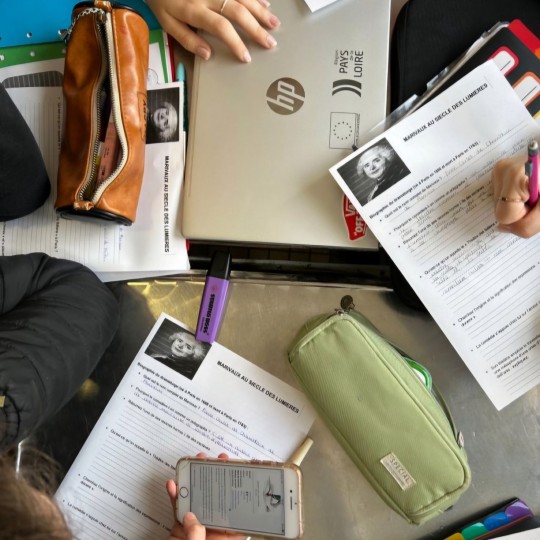

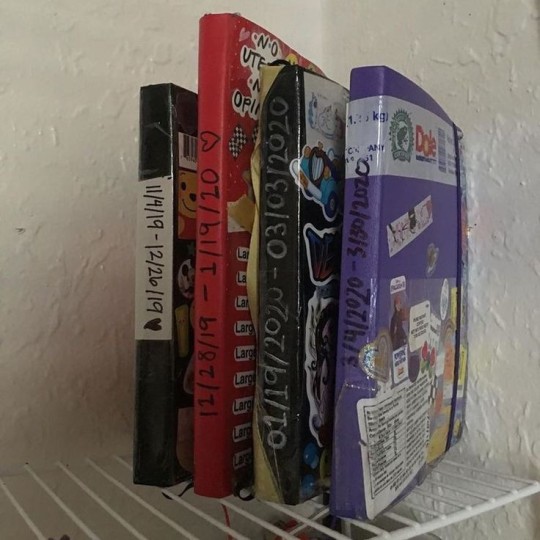
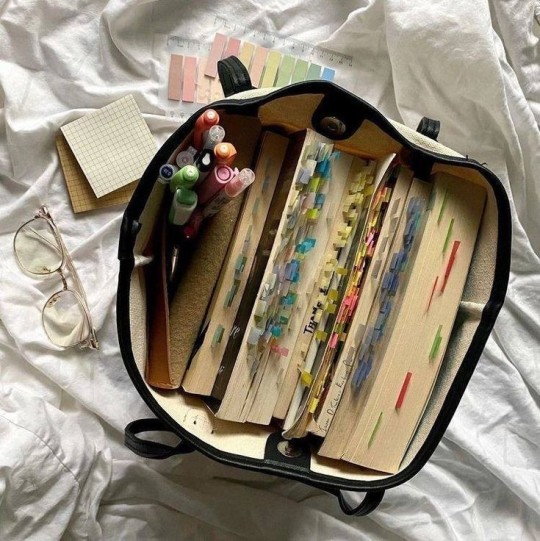
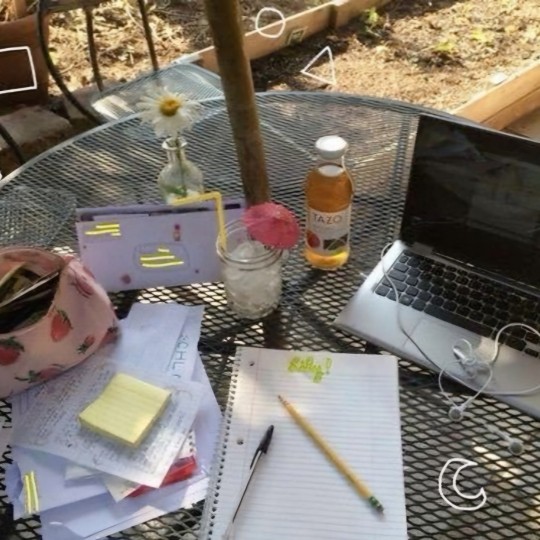
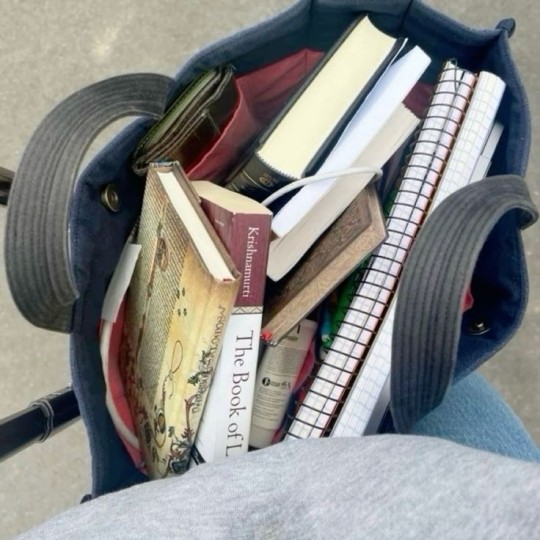
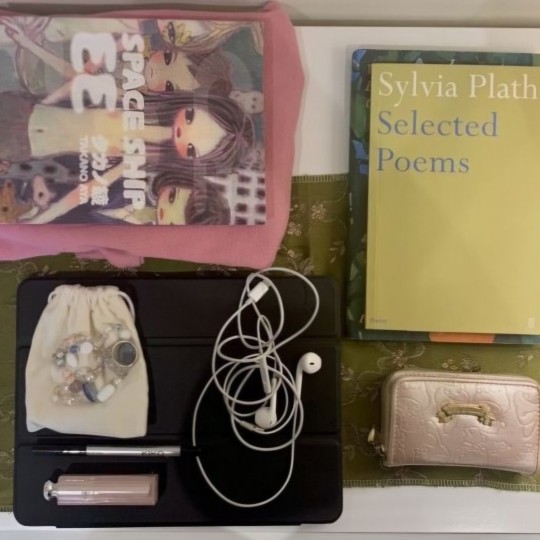
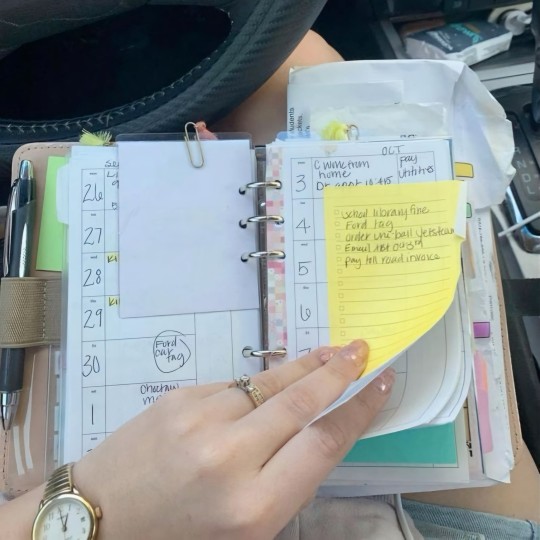
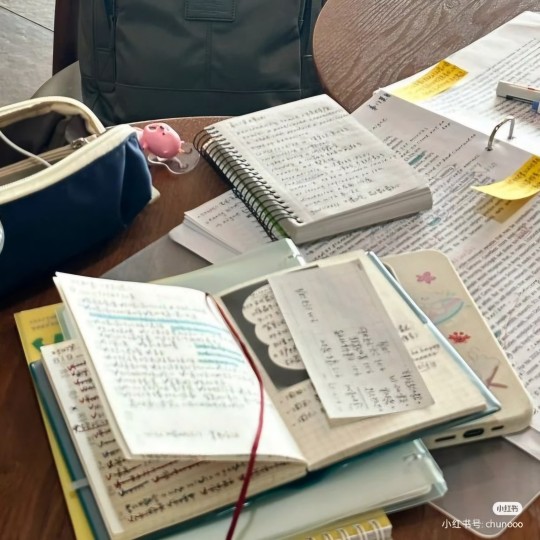
#pinterest#inspo#study blog#studyblr#study motivation#langblog#langblr#studyspo#schedule#study inspiration#study plan#studying#study with me#study#studyinspo#journal#journaling#motivation#get motivated#study aesthetic#journal aesthetic#pics that motivate me#*mb
376 notes
·
View notes
Text
A Study Plan for Chinese to HSK 4, then Chinese Content
A study plan to get you to the point you can do something in Chinese, like read novels or watch shows, in 1-2 years.
For Chinese, it is very possible to study HSK 1-3 in a year, then HSK 4 the next year, and then be reading and watching whatever you want by the end of year 2. This could be achieved with a pace of studying around 1 hour a day. As long as you're willing to look up key unknown words to understand the main idea, when reading and watching whatever you want.
In fact, it's possible to study up to HSK 4 in 8 months, this person did it. If you really wanted to study everything up to HSK 4 in that amount of time.
I studied roughly the amount in HSK 4: I read through 800 hanzi entries from an HSK 1-3 Tuttle book (available in many libraries and elibraries for free, alternatively there's a free app Hanly to learn hanzi with mnemonics), all the grammar points on hskcourse.com, cram studied 2000 common chinese words in Ben Whatley memrise decks (anyone looking to do something similar: I suggest doing the first 2000 sentences in Chinese Spoonfed Anki deck, or finding another 2000 common words collection with audio and hanzi), then read a few Mandarin Companion Graded Readers in Pleco app (where I could click unknown words for a translation and pronunciation). I did all of that in roughly 10 months, at ~2 hours of study a day, so not a huge time commitment.
After I could read around ~1000 hanzi, I could move onto reading manhua, whatever webnovels I wanted in Pleco and Readibu apps (I'd recommend Heavenly Path's Comprehensive Reading Guide for more information on how to start reading, and their general site for recommendations at various reading levels), and any cdramas I wanted (using Google Translate and Pleco to look up any unknown words that seemed important to understanding the main idea of a scene, alternatively there's dual subtitle extensions like LanguageReactor that make looking up words easier).
Why aim for HSK 4? HSK 4 has a lot of overlap with the most common words lists, and includes a lot of basic grammar, so either focusing on learning what's in HSK 4 OR a common word list and basic grammar guide, would get you a baseline of knowledge you can then use to start reading/watching whatever you want (if you look up key unknown words).
HSK 4 will get you around A2/B1 level, upper beginner/lower intermediate, and from there you can start just reading and watching things you want. This is the level you want to reach, to be able to start doing things in the language. Once you can do things in the language, it's easier to stay motivated for years, because you can start DOING your goals, and improving at your goals in the language.
You can either look up key unknown words (which unlocks virtually all stuff made in Chinese), or you can continue with Graded Readers (Mandarin Companion, Rainbow Bridge Readers, Sinolingua, Imagin8 Press, etc.), Comprehensible Input Lessons (Lazy Chinese, Blabla Chinese, Xiaogua, list of more), podcasts for learners (Maomi Chinese, Teatime Chinese, Chinese with Shenglan, Chinese with Da Peng, Dashu Mandarin, Mandarin Corner, etc.), and keep using these materials you find understandable until you feel up to reading/watching novels and shows.
If you want to start speaking, HSK 4/2000 common words will give you a good foundation to start chatting with a tutor (iTalki or wherever you can find one), or start doing language exchanges (like on Hellotalk etc.) where you message people and chat with people. You can look up words you don't know, that others say/message to you, and look up words you want to say to others to prepare to talk to/message them, and get lots of practice interacting with people.
Rambling below:
This was my study plan, and it worked great, I could start reading and watching things I wanted by 6 months and then reading/watching some stuff extensively (not needing word lookups all the time) by around 2 years. I've seen many people on reddit r/ChineseLanguage do the Heavenly Path Comprehensive Reading Guide study plan, and successfully start reading webnovels within 3 months to within 2 years. If you're willing to look up unknown words, the timeline for starting novels and shows can be as short as you feel comfortable. My suggestion above to study to HSK 4/2000 common words is just because that foundation will then make reading/watching things significantly easier to start doing, since you'll have some familiarity with a lot of the most common words you'll run into.
After studying to HSK 4/2000 words, expect the first few months of actually 'using' Chinese to feel rough, mentally draining, and you'll be 'reviewing' all the stuff you learned mostly. Especially if you cram studied - the first few months you encounter all those words and grammar you studied in real novels and shows (or in Graded Reading, Comprehensible Input Lesson type materials) you'll just be learning to recognize/understand those words and grammar quicker. So give yourself some slack, do not expect perfection, it will take a while to align 'what you studied' with 'what you can understand and use quickly.' When I started watching cdramas 6 months into studying, it felt immensely mentally draining and I could only handle 5 minutes at a time, it took a few months for me to feel able to watch a full 40 minute episode, and then another year for it to feel easier (and now that I'm focusing on listening instead of Chinese captions, it's again feeling mentally 'draining' to watch with only the audio to rely on). When I started reading Chinese webnovels, it took 2 hours to get through a 4000 character chapter. Then 1 year in, it took 30-50 minutes. Then 2 years in, it finally took 20 minutes to read 4000 characters.
Just because you studied something (or learned it from extensive listening - Comprehensible Input Lessons, or extensive reading - Graded Readers) does not mean it will be easily quickly understandable immediately when you encounter what you studied in other contexts. So give yourself a lot of hours to adjust. Reading itself is a skill, listening itself is a skill, and you'll need a lot of practice to develop those skills and the stamina to do them for long periods of time.
#rant#chinese#study plan#chinese study plan#my chinese study plan#study guide#my point with making this is to 1. provide a clear goal for beginners on what to study#2. explain why that clear goal will open up DOING things in Chinese#3. show that getting to the point of reading and watching things in Chinese CAN be accomplished within 1-2 years#at 1-2 hours of study a day
36 notes
·
View notes